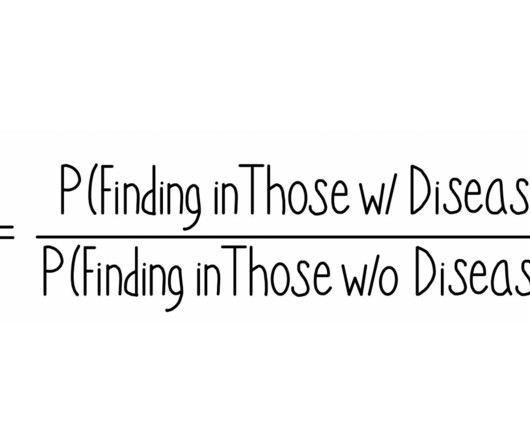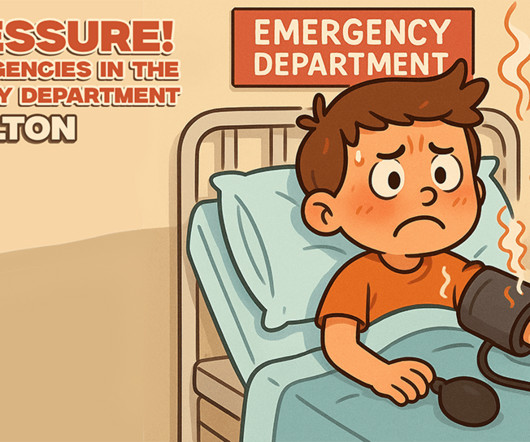Overtreatment of prostate cancer in the active surveillance era
Common Sense Family Doctor
DECEMBER 14, 2024
James Stevermer and Kenneth Fink wrote in an AFP editorial : Few men diagnosed with and treated for prostate cancer will experience a mortality benefit, and an estimated 20% to 50% of those treated will never become symptomatic, even without treatment. times more likely to develop urinary or sexual complications, 2.78


























Let's personalize your content